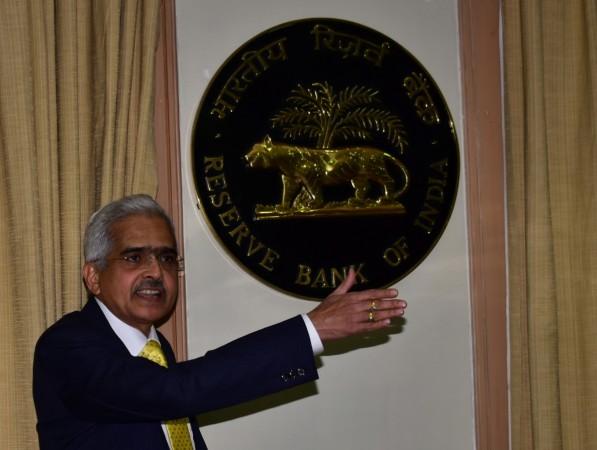
The Reserve Bank of India's 25-basis-point cut of repo rates for the first time in 17 months marking a major policy change is expected to add further momentum to economic growth.
The central bank's Monetary Policy Committee (MPC) that met for the first time after Shaktikanta Das took over as governor belied expectations in some quarters that it might not further ease the rates on the heels of the interim budget that saw measures to ease liquidity and stimulate growth.
Thursday's meeting lowered the repo rate to 6.25 per cent by a 4-2 vote, whereas the general feeling among financial experts was an unchanged rate. The last rate cut was in August 2017.
Importantly, the committee also changed the policy stance to "neutral" from "calibrated tightening" on expected lines, handing the government of Prime Minister Narendra Modi a made-to-order policy framework ahead of the general election 2019.
The central bank pegs consumer price inflation at 2.4 per cent for the January-March period and 3.2-3.4 per cent from April to September.
The bank's estimate of the gross domestic product (GDP) growth for April-September quarters is 7.2-7.4 per cent.
RBI reckons the headline inflation to remain soft in the near term echoing the current low level of inflation and the benign food inflation outlook.
The policy statement, however, cautions that beyond the near term, some uncertainties warrant careful monitoring. The GDP growth for 2019-20 is pegged at 7.4 per cent in the range of 7.2-7.4 per cent in H1, and 7.5 per cent in Q3 with evenly balanced risks, the statement says.
While economists had expected the RBI to change the policy stance first and go for a rate cut only in April the announcement of the policy change and rate cut together is expected to have some impact on the market.
Estimates show the country's consumer inflation has averaged three per cent in the last five months against RBI's target of four per cent. The economy is expected to grow at 6.8 per cent during the second half of FY19.
Some economists expected the upside risks to inflation would increase over the recent interim budget announcements of Piyush Goyal, who presented the budget in the absence of Finance Minister Arun Jaitley.
A rate cut is expected to support the rupee as foreign portfolio investors (FPI) have invested seven times more than the market debt. A dovish Fed has also ruled out further global rate pressure Global rate pressure.
The market expected the RBI to adopt a wait-and-watch policy as it had said in its last monetary policy statement that both inflation and growth were developing "soft spots" requiring a better assessment of the situation for framing an appropriate risk management policy.








